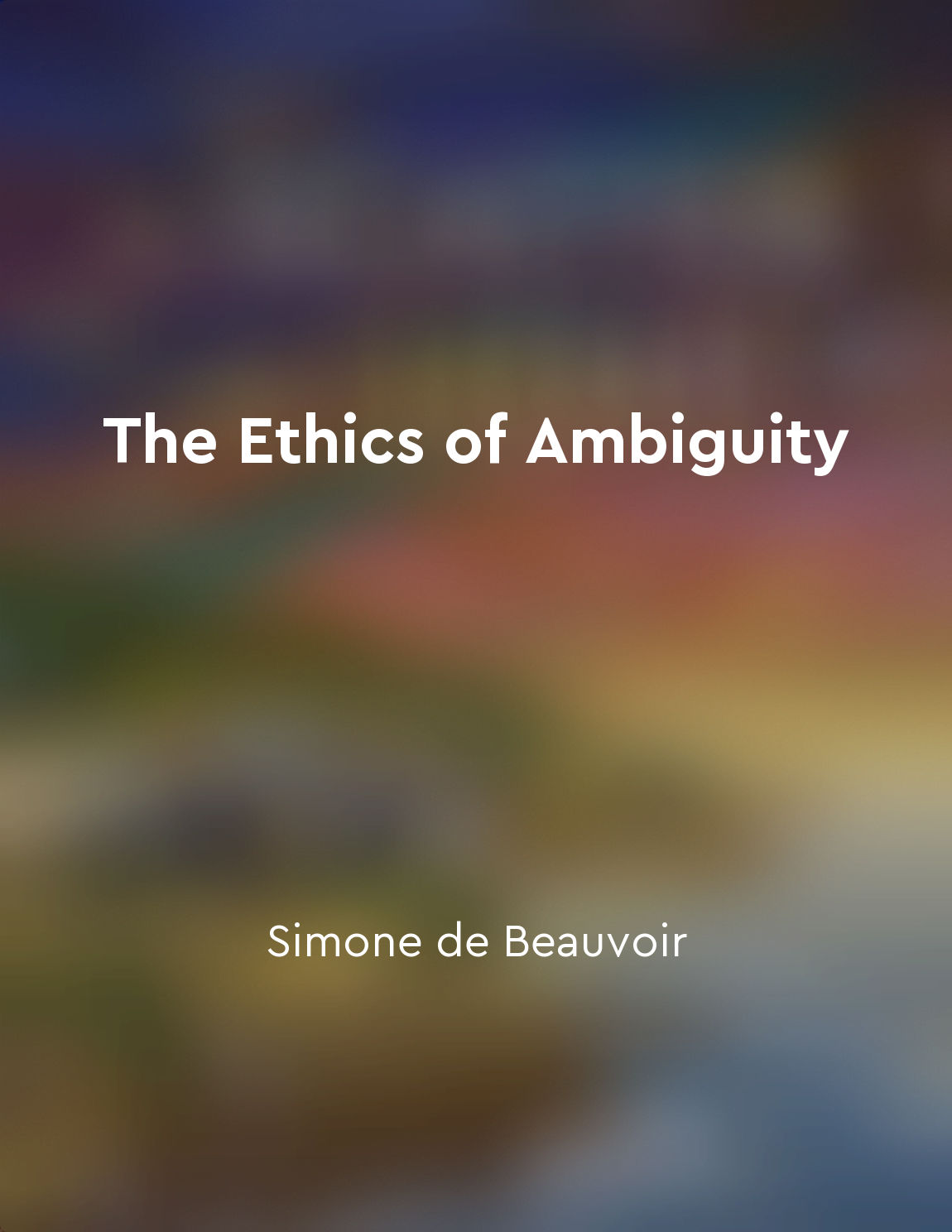Ethical principles are discovered through rational inquiry from "summary" of THE CRITIQUE OF PRACTICAL REASON by Immanuel Kant
Ethical principles, according to Kant, are not something that can be arbitrarily chosen or imposed upon individuals from an external source. Instead, they are principles that must be discovered through rational inquiry. This means that ethical principles are not simply a matter of personal preference or cultural tradition, but are grounded in reason and logic. Kant argues that ethical principles must be universal and necessary, applying to all rational beings in all circumstances. This is because ethical principles are based on the fundamental nature of reason itself, and are not contingent on individual desires or circumstances. In other words, ethical principles are discovered through rational inquiry because they are derived from the very nature of rationality itself. For Kant, ethical principles are not simply a matter of subjective opinion or social convention. Instead, they are objective truths that can be known through the exercise of reason. This is why Kant emphasizes the importance of using reason to discover ethical principles, rather than relying on emotions or external authorities. By engaging in rational inquiry, individuals can come to understand the principles that govern moral behavior and ethical decision-making. This process of rational inquiry requires individuals to think critically and reflectively about the nature of moral principles, and to apply logical reasoning to determine their validity.- Kant's argument that ethical principles are discovered through rational inquiry underscores the importance of reason in determining moral truths. By engaging in rational inquiry, individuals can come to understand the universal and necessary principles that govern ethical behavior, and can act in accordance with these principles in a rational and consistent manner.
Similar Posts

Moral sentiments serve as the foundation of human virtue
The moral sentiments that we experience within ourselves play a crucial role in shaping our virtues as human beings. These sent...
Risk management minimizes potential threats
Risk management is a critical aspect of any business operation, as it involves identifying, assessing, and mitigating potential...
Experience shapes our understanding
Experience plays a crucial role in shaping our understanding of the world around us. It is through our experiences that we lear...
Philosophy seeks to understand the nature of human existence
Thus, the main focus of philosophical inquiry lies in unraveling the intricate web of human existence. This involves delving de...

The search for certainty can lead to ethical stagnation
When we embark on a quest for absolute certainty in our ethical beliefs, we unwittingly close ourselves off to the complexities...

Decision fatigue can lead to procrastination and impulsivity
When faced with a series of decisions, especially complex ones, our brains can become tired and overwhelmed. This mental exhaus...
Feminist philosophy seeks to challenge patriarchal structures
Feminist philosophy aims to question and dismantle the dominance of patriarchal structures within society. This school of thoug...
Practice contentment and gratitude for what you have
Contentment is a quality that is often undervalued in today's world. In a culture that constantly bombards us with messages of ...
Cultural heritage influences human identity
The cultural heritage we inherit plays a vital role in shaping our sense of self. It is through our cultural background that we...
Adaptability and growth lead to a fulfilling life
The idea that adaptability and growth are crucial to a satisfying existence is not a novel one. It is a concept that has been r...

